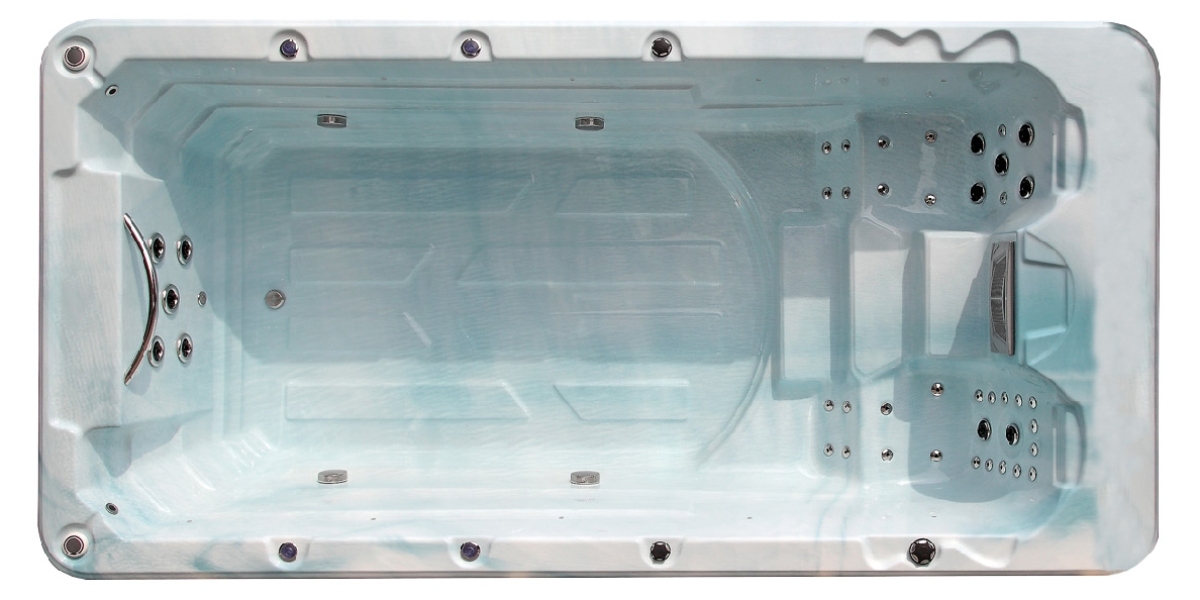Hybrid Inverter - Hybrid inverters manage solar, battery, and grid power flows.
A hybrid inverter, also known as a multi-mode inverter, is a crucial component in a modern solar power system that combines the functions of a traditional grid-tied inverter and a battery inverter. This single device intelligently manages the flow of electricity between solar panels, a battery storage system, and the utility grid, offering a flexible and resilient energy solution.
How a Hybrid Inverter Works
A hybrid inverter's "hybrid" nature lies in its ability to operate in multiple modes, providing a versatile approach to energy management.
Solar to AC Conversion: Like a standard grid-tied inverter, it takes the DC electricity generated by solar panels and converts it into AC power to run household appliances.
Battery Charging: When the solar panels produce more electricity than the home needs, the hybrid inverter intelligently diverts the excess DC power to a connected battery bank. It acts as a charge controller, ensuring the battery is charged efficiently and safely.
Power from Batteries: When the solar panels are not producing power (e.g., at night or on a cloudy day), the inverter can draw DC power from the batteries and convert it to AC to power the home.
Grid Interaction: A hybrid inverter maintains a connection to the utility grid. It can send excess power (that the batteries cannot hold) back to the grid, allowing homeowners to benefit from net metering. Conversely, it can draw power from the grid to power the home or charge the batteries if solar production is low and the battery is depleted.
Backup Power: This is a key feature that sets a hybrid inverter apart from a standard grid-tied inverter. In the event of a power outage, the hybrid inverter can automatically disconnect from the grid and use the power stored in the battery to supply electricity to a select set of critical loads in the home. This provides a seamless transition and ensures essential appliances remain operational.
Benefits of a Hybrid Inverter
Energy Independence: By integrating a battery storage system, a hybrid inverter allows homeowners to reduce their reliance on the grid and a utility company. This provides greater control over energy usage and protects against rising electricity costs.
Backup Power: The ability to provide power during a grid outage is a major advantage, offering security and peace of mind in areas with an unreliable power supply.
Optimal Energy Management: A hybrid inverter is designed to optimize energy usage. It can be programmed to prioritize using solar power, then battery power, and only draw from the grid as a last resort. This maximizes the use of clean, self-generated energy.
Cost Savings: By utilizing stored solar power during peak-rate hours, users can significantly reduce their electricity bills.
Future-Proofing: Many hybrid inverters are "battery-ready," meaning they can be installed as a grid-tied system, and a battery can be added later as the homeowner's needs or budget allow. This provides a flexible path toward a complete solar-plus-storage solution.
Applications
Hybrid inverters are ideal for a wide range of applications, including:
Residential Homes: They are a popular choice for homeowners who want to maximize their solar investment, reduce electricity bills, and have a reliable backup power source.
Small Businesses and Commercial Properties: They can help businesses manage their energy consumption, reduce peak demand charges, and ensure operational continuity during power cuts.
Microgrids and Remote Locations: While off-grid inverters are still used, hybrid inverters can also be used in some off-grid applications or in the creation of localized microgrids.






